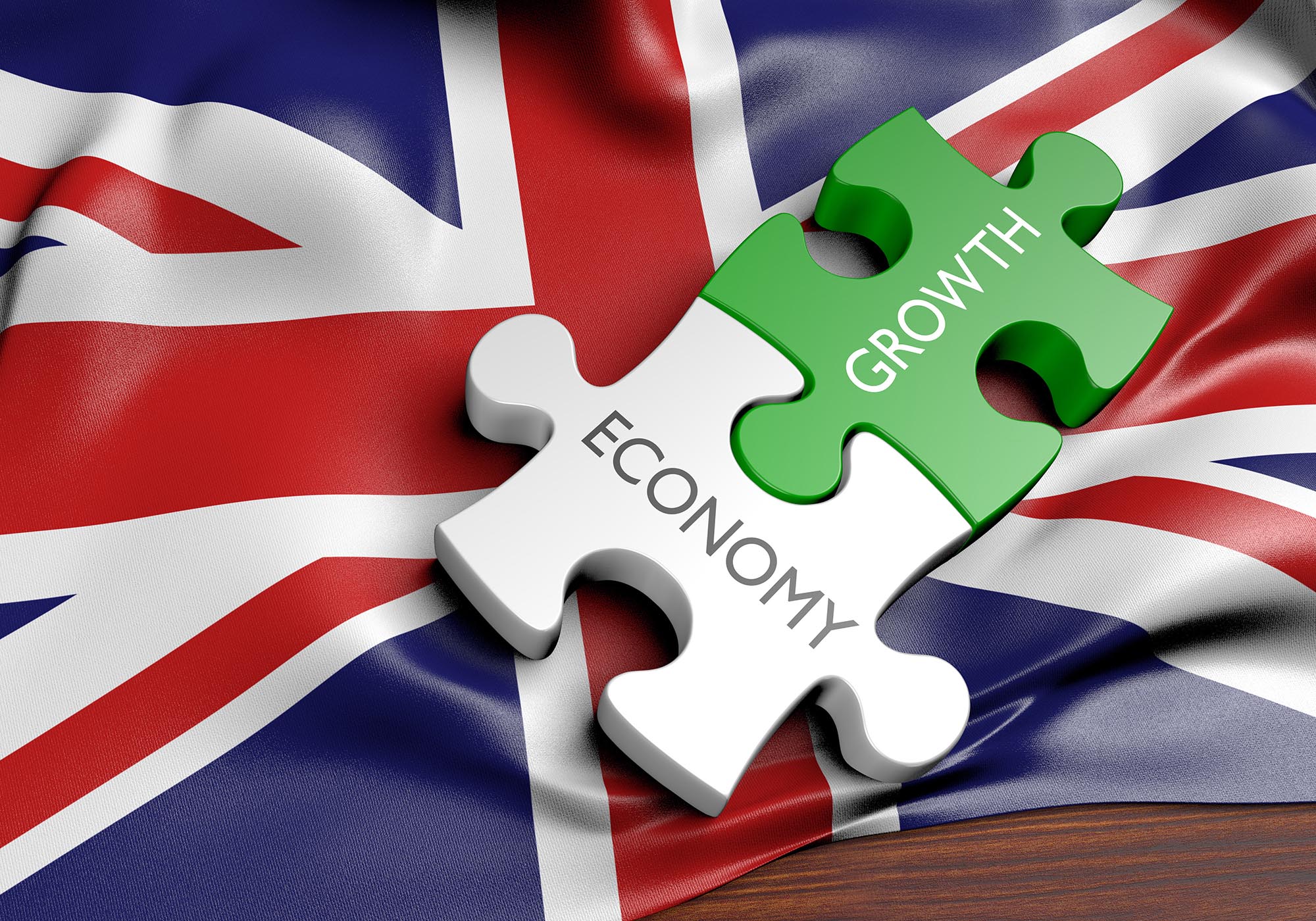Household Bills
UK economy expands in April defying ‘gloomy’ forecasts

The UK economy is estimated to have grown 0.2% in April, buoyed by increased activity in the services sector and zero rail strikes in the month.
Gross domestic product (GDP) measures the value of goods and services produced in the UK. It estimates the size of – and growth in – the economy.
The rebound comes after a fall in GDP of 0.3% in March, and means the economy grew 0.1% in the three months to April, according to the Office for National Statistics (ONS).
It revealed the services sector grew 0.3% in the month, following a 0.5% fall in March, and was the main contributor to the growth in GDP.
The repair of motors was the main factor driving the increase in services, followed by IT, namely motion picture, video and TV production.
But this was partially offset by the junior doctors’ four-day strike action and April recorded no strike action from the rail transport industry which helped figures too.
Meanwhile, both production output and the construction sector contracted by 0.3% and 0.6% respectively.
On a three-month basis, services fell 0.1%, while production and construction grew 0.2% and 1.6%.
Over the year, monthly GDP grew by 0.5%, compared to 0.3% between March 2022 and March 2023.
UK avoids technical recession but challenges remain
Alice Haine, personal finance analyst at Bestinvest, said: “The UK is still managing to avoid a recession, defying the very gloomy forecasts made last year and despite multiple challenges to output from sticky inflation, widespread industrial action, rapidly rising interest rates and a deepening cost-of-borrowing crisis.
“Britain may be dodging a technical recession – defined by two successive quarters of contraction – but the slight rise in economic activity does not mean that businesses and households can breathe easy just yet.
“A tighter-than-expected labour market in April, with unemployment dipping slightly to 3.8% and pay growth accelerating at the fastest rate in 20 years, coupled with stubbornly high inflation means the Bank of England may have little choice but to increase interest rates for the 13th time in a row when it meets next week – with more interest rates expected this year.”
Marcus Brookes, chief investment officer at Quilter Investors, said: “While fears of a recession in the short term have not been realised, the UK is still far from out of the woods.
“Over the past week, we have seen mortgage rates climb once again following a higher predicted interest rate peak and with a predicted 1.4 million fixed rate deals set to come to an end this year there will be a huge amount of strain placed on people’s monthly outgoings. This will ultimately suck a huge amount of money out of the economy with people having far less each month to spend on goods and services making the threat of recession loom ever larger.
“All eyes will be on the next inflation figure as this will drive the fiscal decision making which in turn may force the UK into recession. Due to a lag between action and reaction from any policy decision it is easy for the Bank of England to go too far or not far enough. The institution has to walk a tight rope between getting inflation under control and avoiding pushing the UK into recession all while having to deal with strong economic headwinds.”